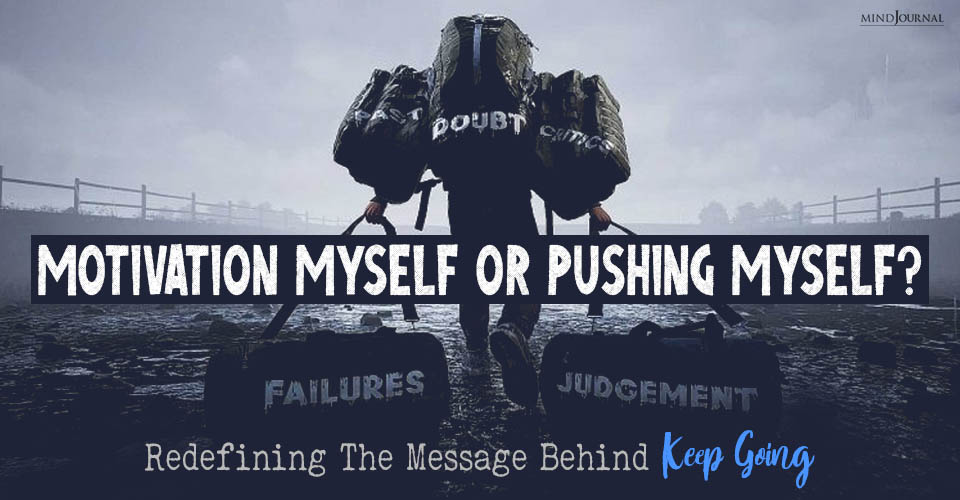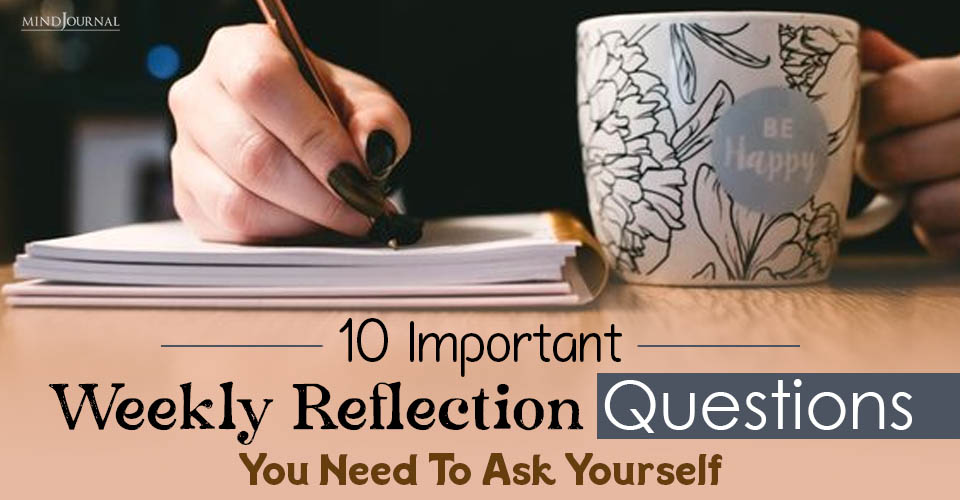One of the questions I often hear from my clients is, “If I take care of myself and do what brings me joy, aren’t I being selfish?”
Let’s take a close look at this false belief.
June is a very bright and vital woman. She grew up in a family that valued women who stayed at home raising their children. Not wanting to be judged or rejected by her family, June followed in her mother’s footsteps, giving up her budding career in TV advertising to get married and have children. June became a “good” mother – driving her kids everywhere, going to PTA meetings, showing up at all her kids’ events, and doing volunteer work. There was nothing wrong with any of this, except for the fact that June felt trapped, unhappy and angry much of the time. June really wanted to be expressing herself in the world in some way, but believed that it was her obligation to stay at home with her children.
The problem is that an unhappy, angry, irritated mother is not a good mother. And June is going to continue to feel irritated and angry as long as she is not doing what brings her joy.
“But if I go back to school, which is what I want to do, aren’t I being selfish? Since I chose to get married and have children, don’t I owe it to them to be here for them as much as I can?”
“No, not if it means giving yourself up and being miserable. Not if it means giving to them out of obligation. They will not benefit from this. They want a happy mother, and they need you to be a role model for taking personal responsibility for your own happiness. You will find that if you do what is loving to you and brings you joy, they will benefit as well. They might not like it in the short run because they are used to you being there all the time, but in the long run, they will turn out to be happier and healthier adults.”
Raymond is a medical doctor who works long hours to support his family. He is not happy working so hard. He comes home exhausted and then takes care of various household chores so his sons can have the time to play sports and do their homework. He has no time for himself. He is often short-tempered with his wife and children. He wants time to ride his bike and to pursue his love of writing.
“But if I work less and we have less money, aren’t I being selfish? Don’t I owe it to my family to keep up their standard of living? Aren’t I being selfish if I expect my kids to do the chores in addition to doing their sports and their homework?”
“No. You owe it to yourself and your family to be a happy, peaceful and fulfilled person. The very best thing you can give to your family is your happy and joyful presence.”
Read Self-Mastership – You are Your own True Love
We are being self-responsible rather than selfish when we take loving care of ourselves. We are being selfish when we do not take care of ourselves and then expect others to give us what we are not giving to ourselves.
We are being selfish when we expect others to give themselves up for us. We are being selfish when we are angry and demanding of others because we are not taking care of ourselves.
We are being selfish when we impose our irritated, withdrawn, sullen, anxious and tense energy onto others instead of doing whatever we need to do to be peaceful and joyful.
We are being selfish when we are “taking care of ourselves” from a wounded place and ignoring the needs of others or ignoring the effect our behavior has on others.
Whatever we do that is truly loving to ourselves – that is in the highest good of our soul’s journey on the planet – is also loving to others. It is never in our highest good to be mean to others or to disregard others’ feelings and needs. But it is in our highest good to follow our Guidance and do what really brings us joy and fulfillment.
Read How to manifest with a Love Letter to yourself?
Our actions do not benefit anyone when our behavior comes from fear, guilt, and obligation. Others feel the lack of love in our energy, even if the action itself looks loving. Our honest and authentic actions – actions that are loving to ourselves – are also loving to others. Living our truth gives others an opportunity to take care of themselves. If June goes back to school, her family will need to learn to rely more on themselves instead of turning to her for everything. If Raymond takes time for himself, maybe his children will learn to take more responsibility around the house. By taking care of ourselves, we give others the chance to step up to the plate. Maybe they will and maybe they won’t, but our loving behavior toward ourselves always gives others an opportunity to grow in their own personal responsibility and loving-ness as well.
Written by Margaret Paul, PhD
For information or to schedule a phone or Skype session: 310-459-1700 • 888-646-6372 (888-6INNERBOND) http://www.innerbonding.com










Leave a Reply